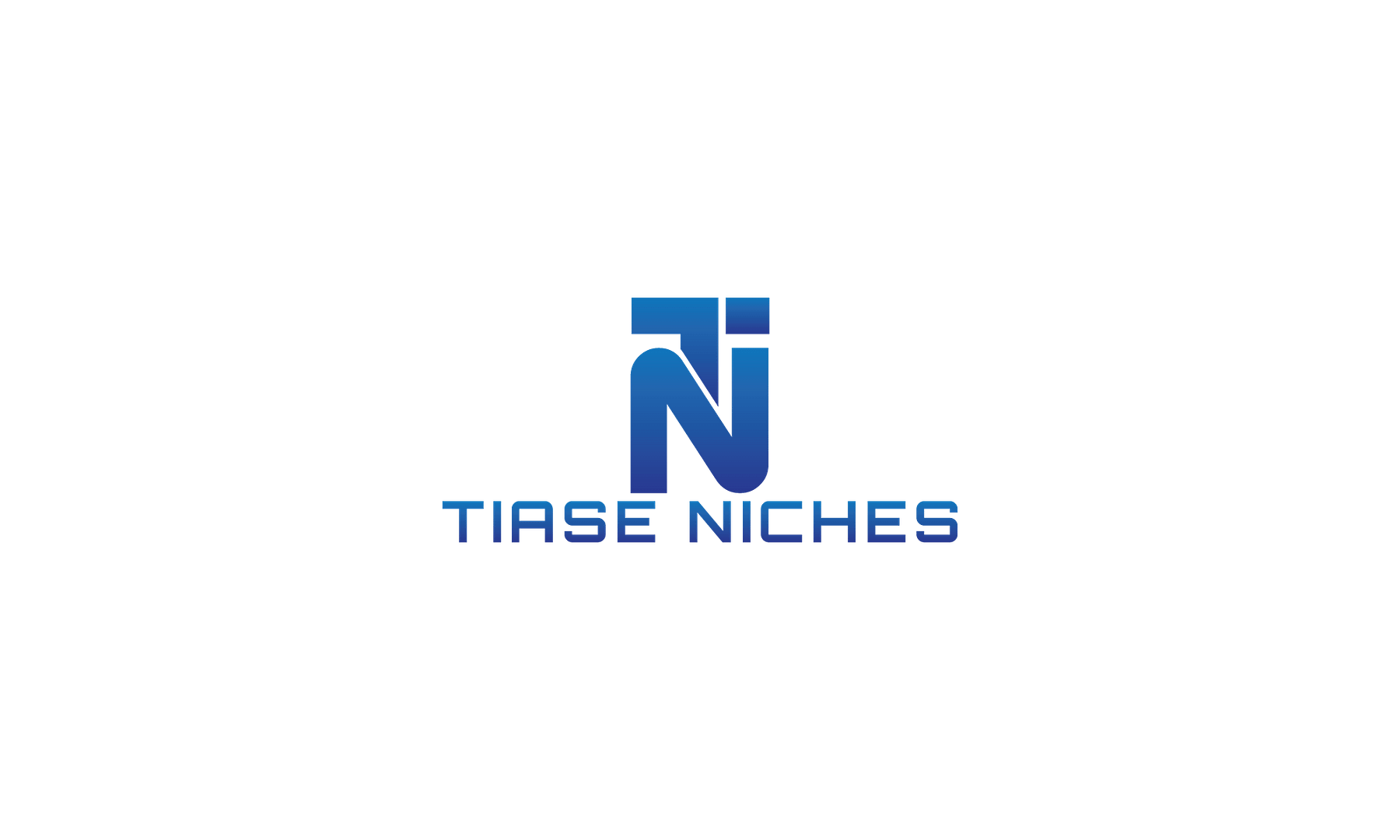WordPress is among the most powerful content management systems used by businesses of all sizes and industries today.
With this in mind, it is critical to understand that the out-of-the-box WordPress configuration for SEO optimization is relatively poor.
Yet, if configured correctly, WordPress's blogging platform will allow your website to rank quickly and efficiently in search engines like Google and Bing.
Considering this, we'll present eight SEO best practices to implement for your small business WordPress blog in this post.
Modify the SEO Title Structure
By default, WordPress will place your blog title first, followed by the individual blog post title.
For example, if the name of your blog is "Jennifer's Shopping Blog" and your blog post title is "Environmentally-friendly Shopping in the U.S.," WordPress would display: Jennifer's Shopping Blog | Environmentally-friendly Shopping in the U.S.
Instead, you want it reversed.
So, it should read: Environmentally-friendly Shopping in the U.S. | Jennifer's Shopping Blog.
Notably, this helps you rank your blog articles more easily.
Use Keyword-Rich Permalinks
WordPress uses a numerical system to create default permalinks (or URLs).
Consequently, your posts will be labeled yourwebsite.com/?=83, for example.
Instead, opting to include something that is readable and contains your keywords is more beneficial for your SEO rankings and easier on the human eye.
For example, yourwebsite.com/environmentally-friendly-shopping-united-states/ would work well.
Create Internal Links, Tags, and Categories
Linking related articles to one another within posts on similar topics is vital for on-page SEO.
Above all, this passes relevant SEO link juice between your posts and pages while showing your website visitors additional content they might enjoy.
Categories, in particular, can help considerably with the internal linking process.
Therefore, ensure you have defined blog post categories and assign each post to its specific category.
Ultimately, following this approach will help search engines determine what each category is about and how much relevant content you have created within each category.
Add Caching to Improve Website Speed and Performance
Page load times are an often overlooked SEO ranking factor.
In reality, page load times are critical for search engines.
Hence, if your website loads fast, it will receive a rankings boost, assuming everything else is up to par.
Thus, installing a caching plugin like W3 Total Cache or WP Fastest Cache can reduce page load times.
Use Alt Tags in Your Images
Remember to include alt tags in your blog post images.
Notably, alt tags provide alternative text when images can't load for whatever reason.
Accordingly, incorporating alt tags within your website images assists visitors with visual impairments and improves SEO.
Additionally, they also enhance accessibility and improve the user experience.
Choose a Sitemap Plugin
A sitemap makes it simple for search engines to discover all the pages on your site.
In reality, search engines can accomplish this task without a sitemap; however, decreasing the computing power it takes for a web crawler or spider to index your site's content will simplify the process.
Considering this, the simplest way to set up and maintain a sitemap for WordPress is to install an SEO plugin like All in One SEO or Yoast.
Use A WordPress SEO Plugin
As mentioned, SEO plugins can automatically create and update your sitemap.
Yet, they also provide numerous additional features to help optimize your website for search engines.
Moreover, some of these plugins feature both free versions and paid versions.
Regardless, they are prevalent within the WordPress community.
Beware of Blog Comment Spam
Finally, preventing spam in blog comments is an important ranking factor for your website.
Fortunately, the Akismet plugin makes this easy to accomplish.
In Conclusion
As shown above, optimizing your WordPress site for SEO helps you reach your target audience more easily via increased search engine rankings.
However, remember that SEO is an ongoing process.
Thus, it is best to stay updated with the latest best practices to continuously maintain and improve your site's search engine rankings.
Hope this helps,
Erik
We implement creative, results-based digital and hybrid marketing strategies for local business clients.
You can visit our home page and view our service plan options by clicking the button below.
